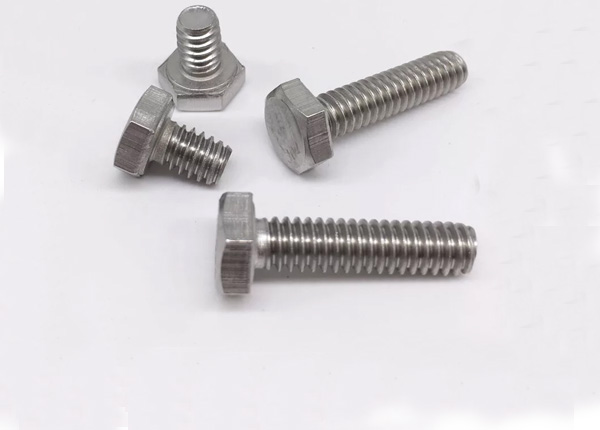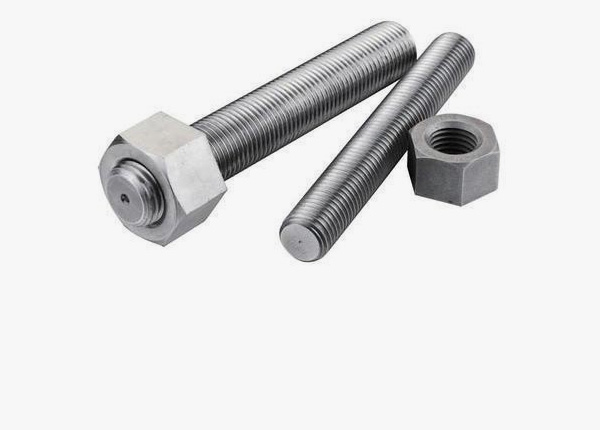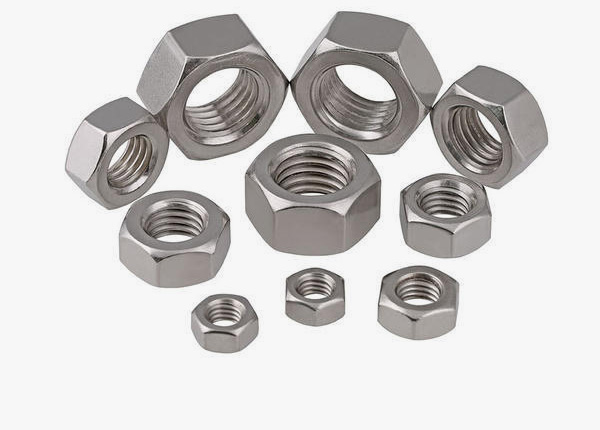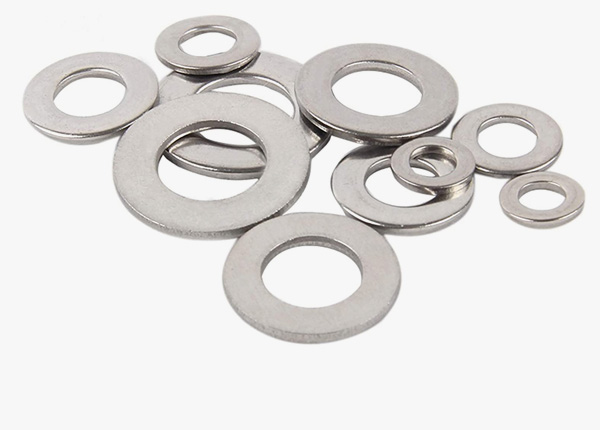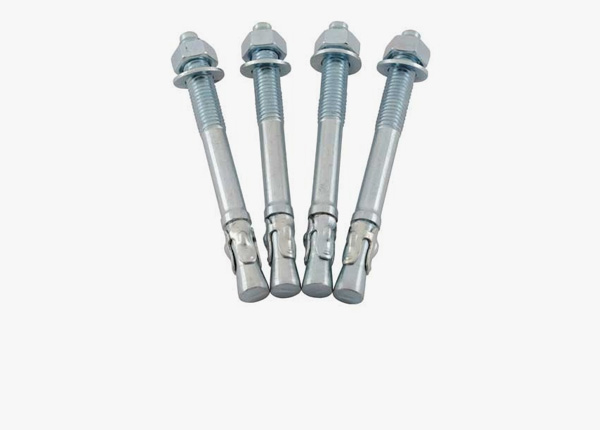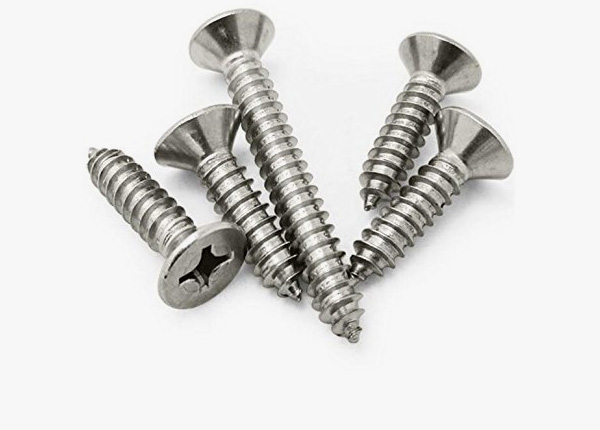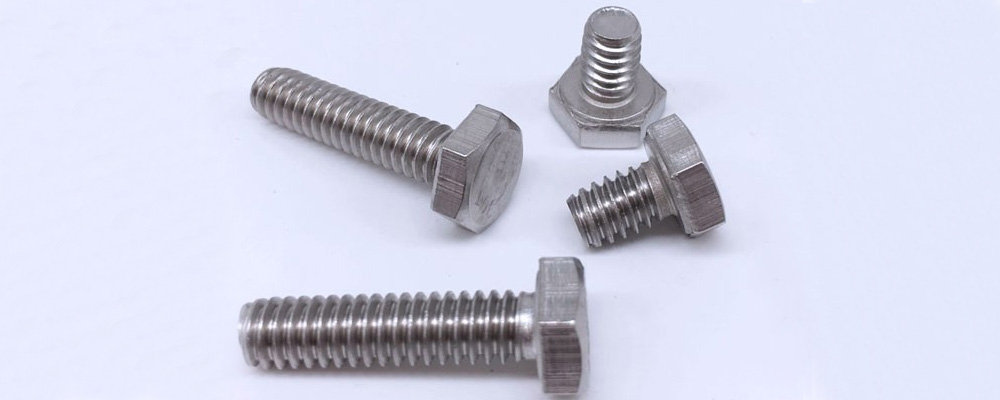
Difficulties are encountered whilst machining nickel-primarily based totally superalloys, especially for conventional machining. Generally, at better temperature, a material’s strength is decreased, which makes machining easier. But, within the case of this Stainless Steel Grades 1.4401 Nuts, it may keep its strength even at excessive temperatures. Therefore, it calls for excessive shear strength to deform the work material. Hard carbide debris gift inside its microstructure promotes abrasive put on of the reducing device. This in flip promotes fast device put on. In addition, due to the fact this Stainless Steel UNS S31603 Bolts is touchy to strain rate, it's far without difficulty work-hardened and complements device put on. High chemical affinity (towards device materials and binder) of nickel-primarily based totally superalloys frequently reasons diffusion put on. Because of aforesaid reasons, machinability of this alloy is but to be absolutely explored. When turning, adhesion and welding of work factors on Stainless Steel Grades 1.4404 Washers faces might also additionally motive excessive notch put on in addition to an alternate of the device form through peeling off device materials. However, device existence and satisfactory surface integrity of the cease product are certainly important in a production context.
These Stainless Steel UNS S31635 Screws may be completed via way of means of deciding on the suitable device material, deposition of coating over the device substrate, favourable slicing surroundings, appropriate device geometry, and most effective slicing parameters consisting of slicing velocity, feed, and intensity-of-cut.In general, a slicing device for Stainless Steel WNR 1.4571 Nuts need to own adequate strength, hot hardness and longevity, first-rate put on resistance, excessive chemical stability (at crucial temperatures), and excellent thermal-surprise absorbing properties. Surface integrity of the machined work component seems disappointing.



